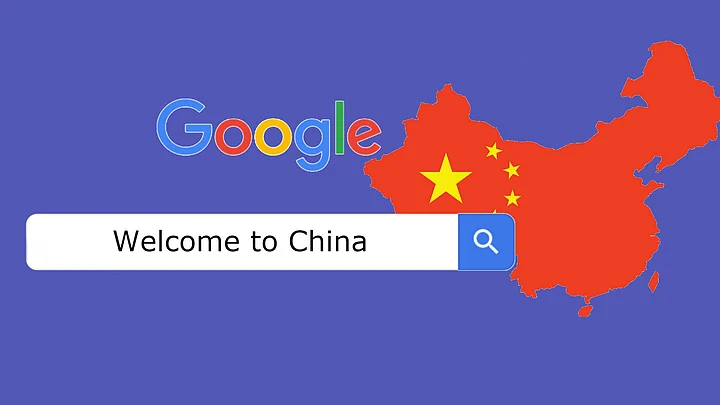(This story has been republished with Sundar Pichai, CEO, Google about to be questioned by the US Congress in a hearing on Tuesday.)
Google will likely make its way to the Chinese markets with a search engine, but only if the Chinese government gives a go-ahead.
The search-engine giant will reportedly run a censored version of the search engine, made specifically for China, that will make sure no controversial content or words are searchable on the platform.
However, a report from the state-owned Securities Times denied the reports that were again confirmed by a Google employee, fueling speculations about the search engine leader’s entry in China.
These details have been put across in a leaked document, which has been reported by The Intercept, and definitely sounds like a scary proposition for the world. The report talks about Sundar Pichai’s meeting with Chinese officials in 2017, when a project code-named Dragonfly was discussed, which includes making a special search engine.
Google till date has failed to operate out of China, primarily because of its openness which doesn’t suit the Chinese regime. Also, their much-vaunted firewall has made sure none of the Google services work in the country. Even Android in China gets a different suite of search engine and other services like Mail and Music, that mirror Google’s own products.
The report further adds that the team of engineers at Google have created multiple Android apps called ‘Maotai’ and ‘Longfei’ that have been demoed to the Chinese government and are likely to be launched in the next six to nine months, depending on the required approvals.
It’s a drastic shift in Google’s policy, which has been advocating for open internet across the globe. If Google marks its entry into China, its search engine will avoid showing content that is not in alignment with the ideology and beliefs of Xi Jinping’s Communist party.
Google will have to erase access to content with topics like political opponents, free speech, sex, news, and academic courses blocked in the country by its government.
The leaked document clearly states that Google will build a filter mechanism into its search engine that will remove the website’s name from top of the search list. These websites will have to comply with strict governing policies of the Chinese government, and Google reportedly is more than willing to oblige.
The filter list will be applicable for search across images, words and spell-checks also.
These staggering details about Google’s plan to enter China were revealed by an anonymous source to the publication, who clearly felt that the search-engine giant is going against the moral ethics of operating on the internet.
Censorship is a hotly debated topic and it remains to be seen whether Google responds to this report, and puts out a statement outlining its reasons for a customised search engine in China – if it is considering doing so.
State Media Denies, Google Employee Confirms Project is Alive
State-owned China Securities Daily reported on Thursday, citing information from "relevant departments" said that reports of Google returning to the Chinese market are not true.
However, a Google employee familiar with the censored version of the search engine confirmed to Reuters that the project was alive and genuine.
The employee, who declined to be named, said that he had seen slides on the effort and that many executives at the vice president level were aware of it. He said he had transferred out of his unit to avoid being involved.
Separately, a Chinese official with knowledge of the plans said that Google has been in contact with authorities at the Cyberspace Administration of China (CAC) about a modified search program.
The official, who declined to be named, said the project does not currently have approval from authorities and that it is “very unlikely” such a project would be made available this year.
(NOTE: This story has been updated with the latest developments documented by Reuters.)
(At The Quint, we question everything. Play an active role in shaping our journalism by becoming a member today.)
